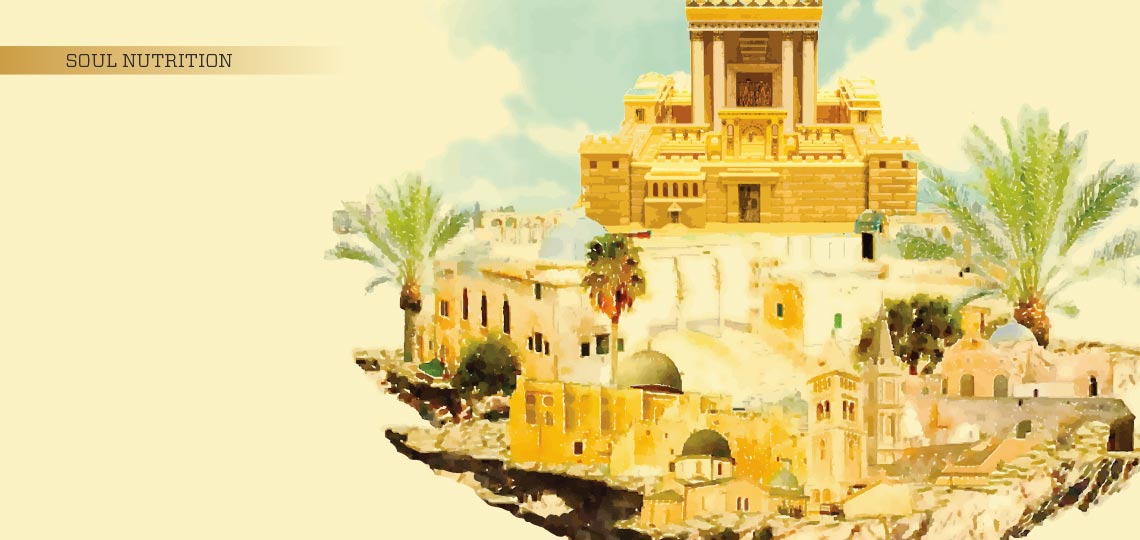We don’t find any other Yom Tov which has a special name denoting the last day – there’s no Acharon shel Sukkos or Acharon shel Shavuos.
The prophet Yirmiyahu says, “Therefore, behold, days are coming, says the L-rd, when it will no longer be said, As the L-rd lives who brought Israel up from the land of Egypt.” (Yirmiyahu 16:14)
We call the final day of Pesach “acharon” (the last) because we demonstrate our faith that this Pesach will be the last Pesach in exile. When Moshiach comes, we won’t celebrate Pesach as we do now, which is why we refer specifically to the last day as the Final Day of Pesach.
It is said that making a living is as difficult as the splitting of the sea. What’s the connection?
- It’s a known fact, as Tosfos explains, that the Jews went in to the sea and came out on the same side, like a big half circle, which means that the outer edge of people walked more than the inner side. This is compared to those that are destined to work long and hard to make a living, while others have seem to attain parnossa much faster and easier.
- At the splitting of the sea, the Satan said to Hashem, “Why save them (the Jews)? They served idols and they (the Egyptians) served idols. It’s not worth it to save them.” But Hashem didn’t listen and saved the Jews anyway, and when the Satan says, “Don’t give that Jew a livelihood; he is not worthy,” Hashem doesn’t listen and give him his sustenance anyway.
- Finally, just like the splitting of the sea happened suddenly, when the Jews felt like there was no hope, so too, Hashem suddenly helps with one’s livelihood just when it seems that things can’t get more desperate.







